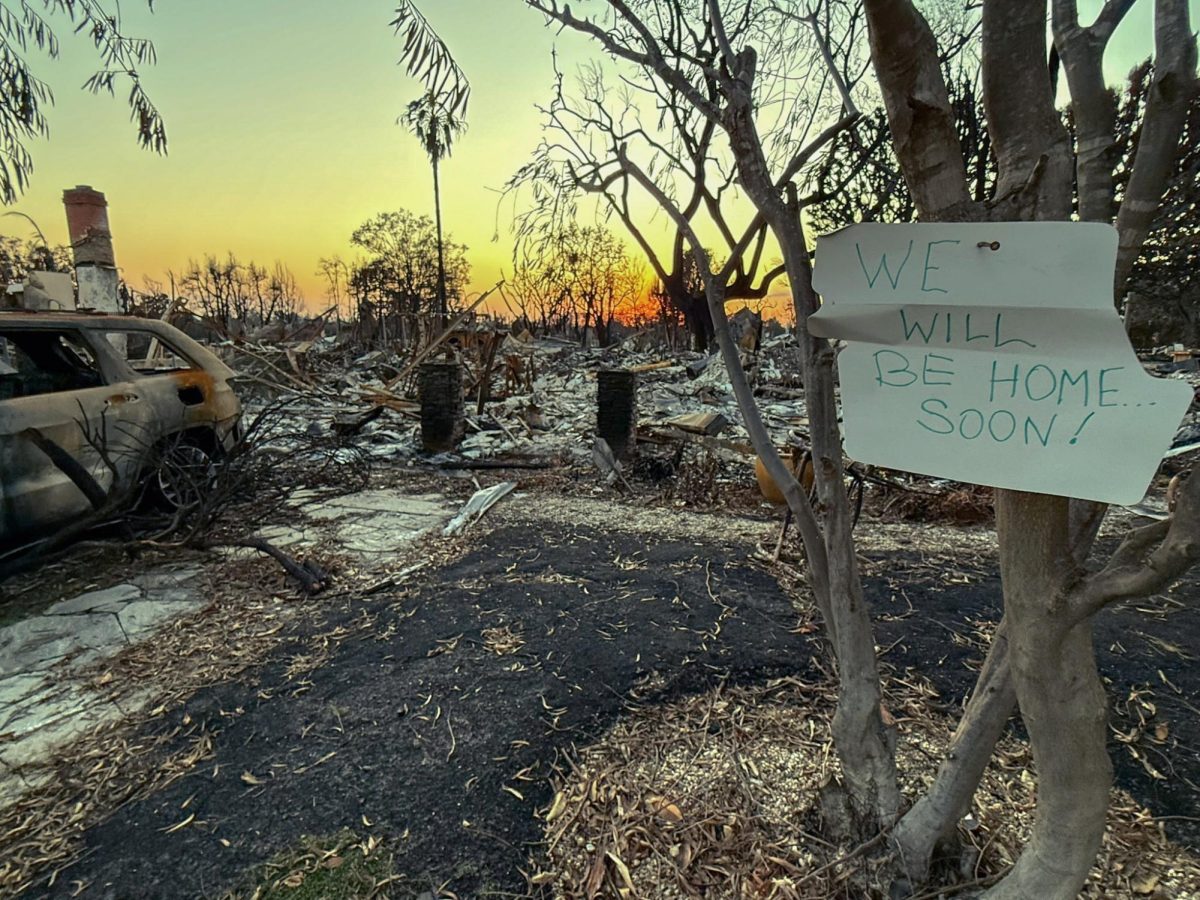Lessons from Green Bubble Land
You can be my blue bubble boo, but I won’t be your blue bubble boy
February 21, 2020
It’s the beginning of the school year and you’re sitting in math class. As the teacher takes roll, students pass around a sheet of paper, each adding their name and phone number before passing it on. A voice is heard over the din: “If anyone has a Samsung and messes up this chat, I’m going to lose my ![]()
For the last year and a half, I’ve been the one messing up the chat.
And while I’m not here to say that Android phones are better than iPhones, I am here to say that people with iPhones should stop discriminating against their Android-sporting comrades.
Since no one wants to be in a “green bubble” chat I have missed out on valuable updates in classes, potential social events and other pieces of important information.
I don’t expect you to agree with my choice to have an Android phone. I don’t even expect you to understand my decision. For many people and many uses, iPhones are better. I would even recommend that my grandfather get one. But what I do expect is for people to treat me the same way they would if I had an iPhone and stop offending my fellow “green-bubble people.”
Much of this disrespect is due to iMessage, Apple’s proprietary chat software that enables read receipts, high-quality file sharing, end-to-end encryption and many more features. iMessage is a truly brilliant piece of software, but it only works between Apple devices, unlike similar platforms such as WhatsApp, WeChat or Facebook Messenger. But in the United States, those apps are irrelevant compared to the iMessage behemoth, the predominant method by which homework assignments are discussed, social events are planned and tea is spilled.
From my own experience, most Pali students have iPhones, and expect their group messages to use iMessage, or “blue bubbles,” as opposed to Short Message Service (SMS) a.k.a “green bubbles,” which is what a message defaults to when a non-iPhone-user is involved.
This difference has led to the vast majority of the disrespect I have experienced since getting an Android phone.
This supposed need for members of my generation to communicate in azure blue chats — as opposed to lime green — has even led to the creation of several companies which strive to make Android users widely reachable and accepted in an iPhone-dominated world. One of these solutions, and the one I’ve been using for over six months, is AirMessage.
AirMessage is a service that explicitly advertises to Android users who have access to Mac computers with the promise of “Blue Bubble messaging from your favorite phone!” Assuming you have a MacOS device set up with your Apple ID, you will be able to use that Mac as a server which will forward incoming iMessages to your Android phone. Similarly, if you reply from an Android, the message will first be sent to the Mac computer and then to the recipient through the iMessage app, and voila, blue bubbles.
My use of AirMessage has slightly alleviated the cone of shame I wear as an Android user, with one Apple acolyte calling me, “the right type of Samsung person.”
However, services like AirMessage are a temporary solution to an intrinsic, yet unnecessary, problem. The iPhone-using public refuses to treat Android users the same as their blue bubble brethren. I won’t give up my phone, so anyone who wants me to can ![]()











